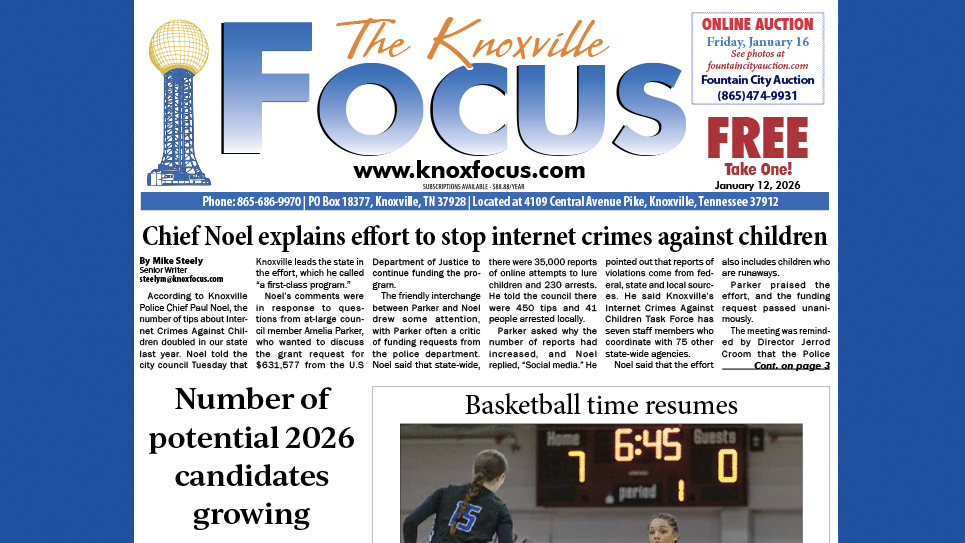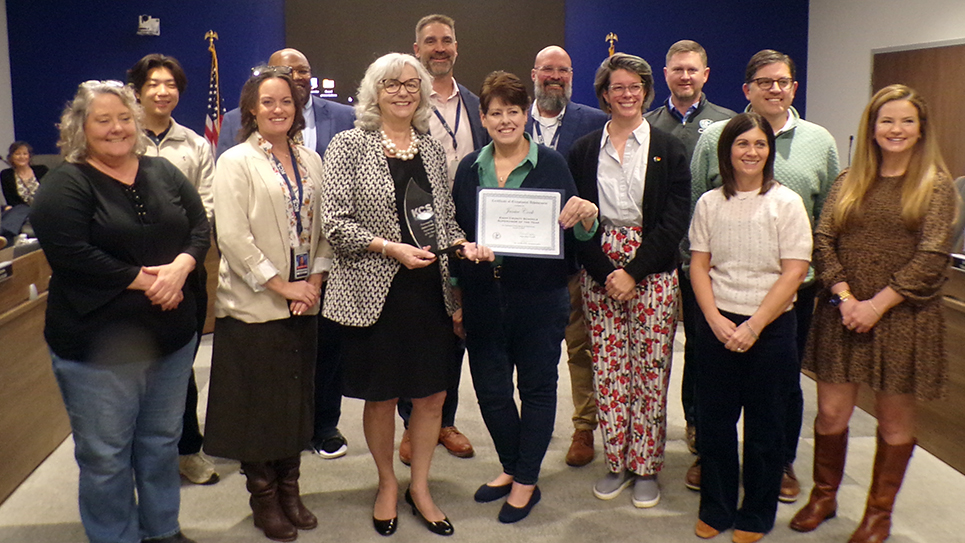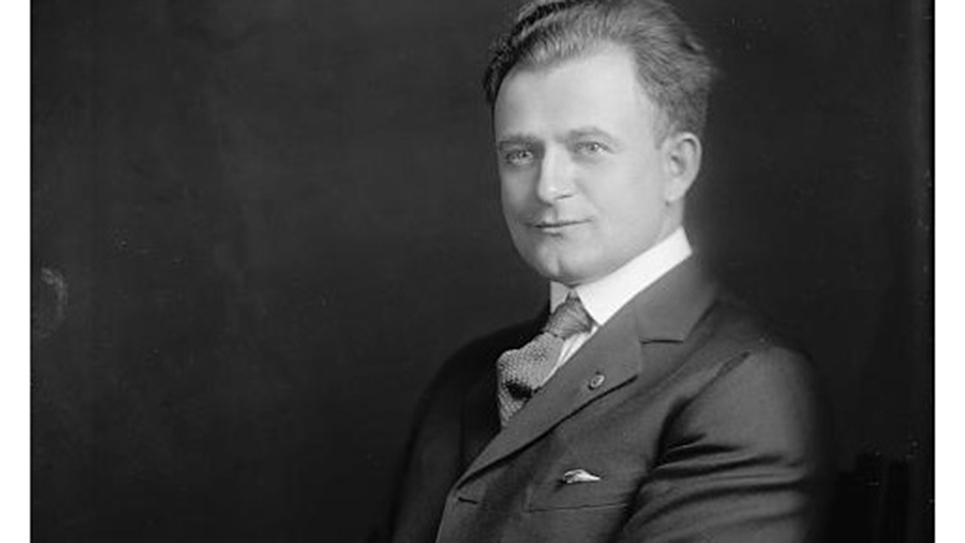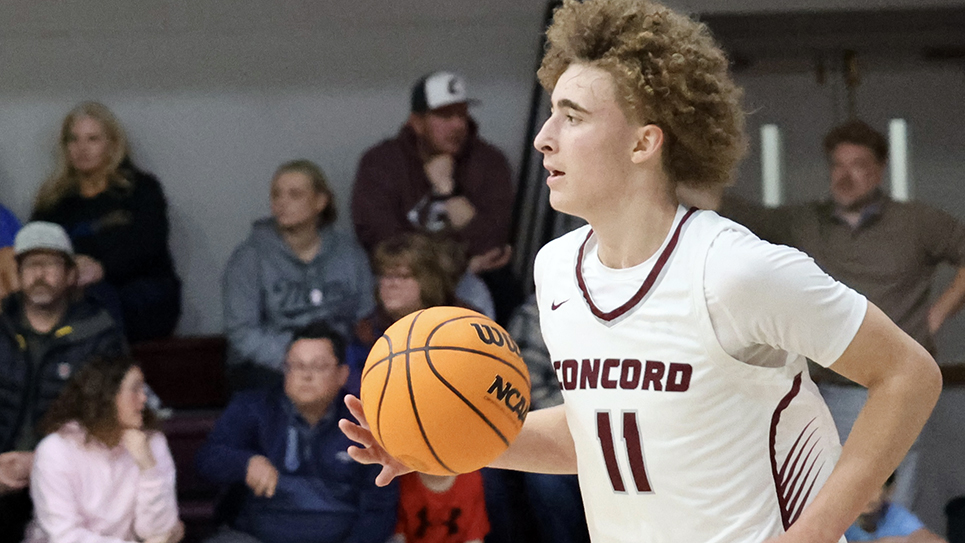The Same Score Two Weeks in a Row?
By Tom Mattingly
In the 1950s, probably into the 1970s, there was a Saturday morning game day program on WATE, later WETE, radio called “Pigskin Panel,” featuring E. L. “Tip” Tipton, Russ Bebb, Ben Byrd and Ed Harris.
It was part of the Saturday morning lineup that also featured “Grandstand Quarterback,” with former Vol quarterback Freddie Moses, and “The 50-Yard Line,” with Chuck Ketron.
Bebb, Byrd and Harris were sportswriters with the Knoxville Journal. Tipton was a local beer distributor who was on the panel probably because he sponsored the program.
Their job was to predict the winners of that day’s games, including the one involving Tennessee. The panelists also tried to predict the score of Tennessee’s game that week.
As any fan can tell you, predicting winners and scores is definitely an iffy proposition. It always looks easier when somebody else does it.
Speaking of weekly game scores, the question for today is this: How many times since 1926, when Capt. Neyland arrived as head coach, has Tennessee won by the same score in consecutive weeks?
The answer is four times, out of more than 1,300 games.
That happened in 1937 against Sewanee and Georgia (both 32-0), in the afore-mentioned 1967 season (more about that season and the game score momentarily), in 1981 against Auburn and Georgia Tech (10-7), and in 2002 against Vanderbilt and Kentucky (24-0).
In 1937, George Cafego’s sophomore season, the games were in Knoxville, Sewanee arriving on Oct. 13 and Georgia on Oct. 20.
That latter game was the last time the Vols and Bulldogs would play until 1968. The Vols finished 6-3-1, and, with a host of talented sophomores leading the way, improved to 11-0 the next season.
In 1967, Tennessee played Georgia Tech on Oct. 14 in Knoxville, with starting quarterback Dewey Warren on the planks with a knee injury.
It didn’t help that No. 2 quarterback Charley Fulton was injured midway in the Tech game, with third-stringer Bubba Wyche leading the Vols to victory. Wyche also led the Vols’ victory over Alabama at Legion Field the next week, the first win for the Vols over the Crimson Tide since 1960.
In 1981, Tennessee was rebuilding and coming back from monster losses to Georgia and Southern Cal to start the season. The Vols also lost freshman quarterback Alan Cockrell to a knee injury in the Auburn game. The Vols did have enough in the tank to edge the Tigers and then the Yellow Jackets, but it wasn’t easy.
Auburn had the ball on the Vol 4 at the south end with 15 seconds to go, but was out of timeouts. Quarterback Ken Hobby fumbled the snap, and that was that.
In 2002, Tennessee appeared to be on the right combination of vitamins and minerals down the stretch run by pitching shutouts in the final two games of an otherwise disappointing season.
The Vanderbilt game was at the professional stadium in Nashville, while the game against the Wildcats, still sleepwalking from the “Blue Grass Miracle” against LSU a few weeks earlier, was in Knoxville.
Here’s the untold story from the 1967 football season. The morning of the Tennessee-LSU game, Oct. 28, all four panelists thought Tennessee would win, apparently not worried about a letdown from the previous week’s effort against Alabama.
When Russ’s turn came to pick the score of the Tennessee game, he thought for a moment about the task at hand, looked at the scores from the previous two weeks, and had an epiphany.
(Russ was the inventor of “Russ’ Ratings,” an incisive look at the game in Monday’s Journal. He was also a long-time spotter and statistician for George Mooney and John Ward on the Vol Network.)
Those previous two week’s scores had been 24-13 over Georgia Tech and the Crimson Tide, so this one might as well end that way, Russ thought. There was no particular reason, his thinking went, this game should end any other way. It made as much sense as anything else. History does not record the score the other panelists chose.
The Vols were hard-pressed to win 17-14, given that LSU had come from down 14-0 to knot the count in the fourth quarter. The Vols led 14-0 late in the third quarter, but the Tigers fought back in the fourth quarter.
It came down to two field goal tries in the final minutes, one made by Tennessee’s Karl Kremser and one missed by LSU’s Roy Hurd.
In reality, however, what does this all mean? There’s no purgatory for journalists who fail to predict winners and scores correctly on the Saturday morning football talk shows. It’s onward and upward to the next week’s show. No one in the listening audience is keeping score.
A few weeks later it will all be forgotten, except by columnists trying to fill a word count and otherwise trying to enlighten the reading audience.






